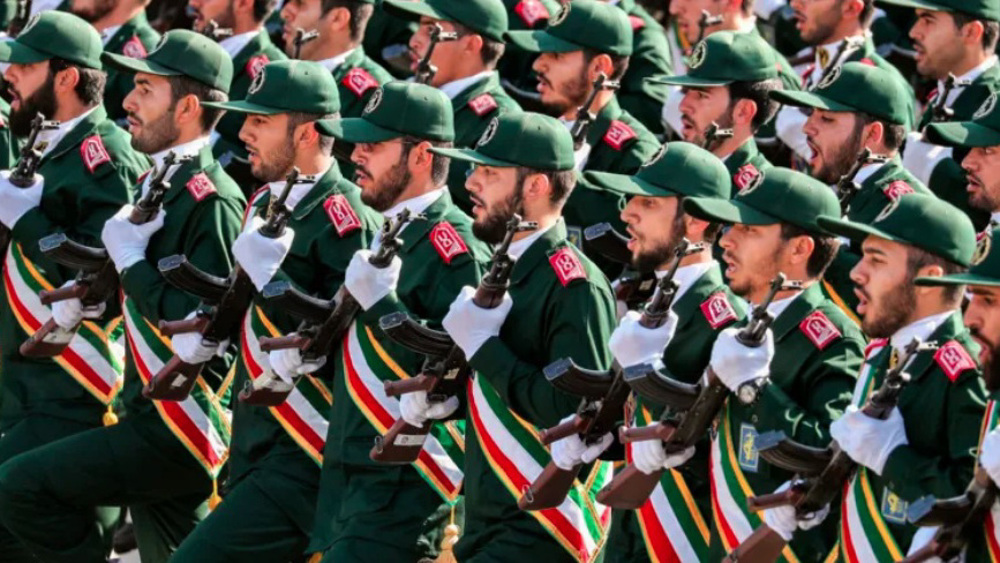Aleppo liberation to tilt balance of war in Syria army's favor: Commentator
Syrian forces are on the brink of winning eastern Aleppo. Almost half of the region has already been freed from the clutch of terrorists and is under the army’s control. Many observers believe that terrorist outfits will be reined in once eastern Aleppo is reclaimed completely, unless the US and its regional allies want to continue their incendiary measures. In this episode of The Debate, Press TV has spoken to James Jatras, a former US Senate foreign policy analyst from Washington, and Jim Walsh, with MIT's Security Studies Program from Boston, to revisit the Syrian army’s latest advancements in Aleppo and see how this might change Washington's approach.
"I think this is what the Brits call making the best of a bad job," James Jatras said. "Obviously, the Obama administration plus its regional partners, like the Saudis and the Qataris and so forth, have been working very hard to prevent a Syrian army victory over these terrorists, al-Nusra and its allies, in Aleppo and none of them worked. Now, if they were looking at Hillary coming into the White House in January, maybe they'd feel there was some way to keep the ball rolling until she was in a position to intervene more directly."
He further added that since President-election Donald Trump is not willing to support the terrorist groups and plans to work with the Russian government and even with the Assad government in Syria to end the war, his election as the next US president has created a real sense of desperation and abandonment on the part of the terrorists in Aleppo.
"I am sure many of them [terrorists] will try to flee and save their lives while they can. The fact is it [Aleppo] will fall. I don't know how quickly it will be liberated by the Syrian government forces, but this is the edge of a major victory in this war with strategic consequences," he concluded.

The image grab shows James Jatras (L), a former US Senate foreign policy analyst from Washington, and Jim Walsh, with MIT's Security Studies Program from Boston, on Press TV's 'The Debate' on Monday night.
However, Jim Walsh, the other guest on the show, maintained that although the Syrian army’s recent gains in Aleppo are a grave blow to those whom he referred to as “rebels,” this should not be interpreted as the end of the war.
If Aleppo falls, it does seem to be a strategically unsustainable incident for the rebels, the analyst underscored, adding, “That means Assad will control the five largest cities in Syria. Nevertheless, to the east the Kurds and Daesh continue to control a large swathe of Syrian territory, maybe as much as 40 percent.”
Walsh acknowledged that the fall of Aleppo would be a devastating psychological and strategic loss [for the terrorists], but “it's not like all those folks are going to be wiped out” and the fighting will continue.
“I don't think it's helpful to just label everyone as terrorist…it's a word that almost has no meaning anymore, particularly in a context when the government of Syria and the Russians have committed war crimes, dropping chemical weapons, attacking hospitals. The difference between a war criminal and a terrorist, I don't find very compelling. What I think is important is the fate of those civilians there,” he concluded.
Syria has repeatedly dismissed reports of using chemical weapons in the conflict. Russian officials have also denied accusations of bombing hospitals in Syria.
Leader donates 50 billion rials to free financially struggling prisoners
Guardians of sky: How Iran’s radar network turned 12-day war into a blueprint for deterrence
The story of ancient Persia’s chromium steel
Iranian Navy chief calls for broader naval collaboration at MILAN 2026 naval exercise
VIDEO | Mini Iraq; A city in India that connects faith across borders
Pope skips America’s 250th anniversary despite Vance’s ‘in-person’ invitation
Iran condemns Israeli atrocities, ceasefire violations in southern Lebanon
US military buildup near Iran proves defeat in previous regional wars: Ansarullah









 This makes it easy to access the Press TV website
This makes it easy to access the Press TV website